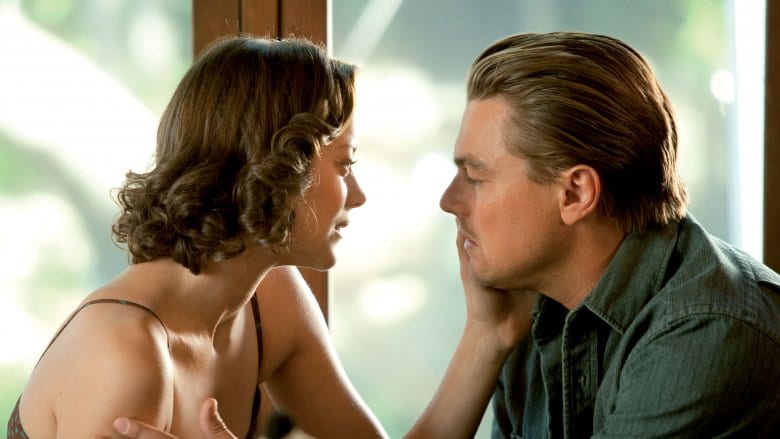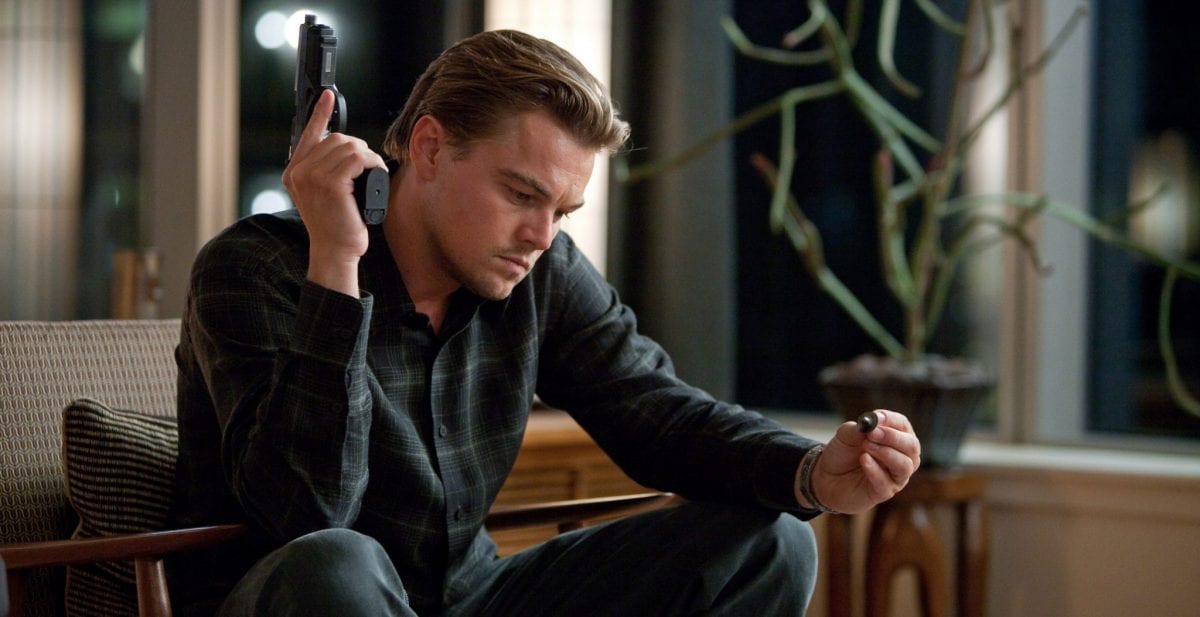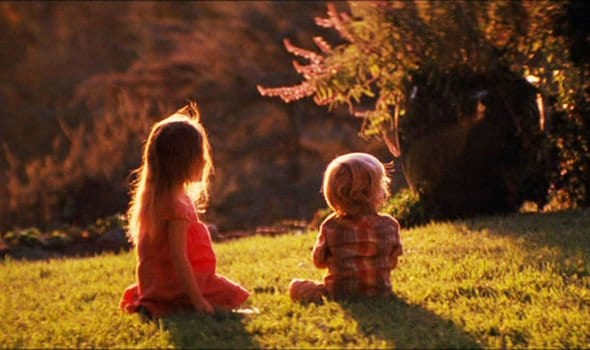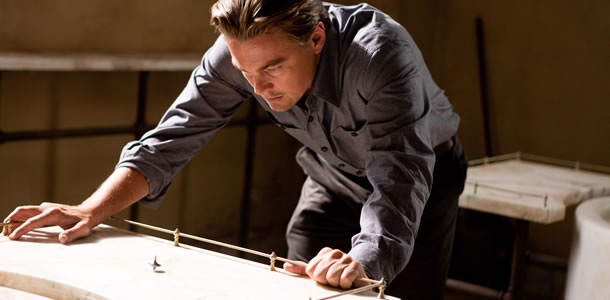Today marks ten years since the release of Christopher Nolan’s Inception. To celebrate, I’m looking back at it’s most important moment…
There are so many iconic moments in this movie, visually, it’s hard to decide on just one scene in this film to label as the “most important.” After a great deal of long and hard deliberation, however, I have come to the conclusion the film’s end sequence has the most to say.
When the film first arrived ten years ago, the ending was one of the most hotly debated moments, and you’ll still find people discussing its implications to this day. The film cuts to black before the audience can learn whether or not Cobb (DiCaprio) is still inside a dream, or made it into the real world. Fans stand on both sides of the argument, and have presented some pretty awesome theories on why their beliefs on the ending is correct.

I’m not going to go through all of that, simply because I don’t feel it’s necessary. In fact, it’s ambiguity is the primary reason it’s so effective and hammers home one of the film’s most important themes. By this point in Cobb’s journey, it doesn’t really matter whether or not he’s stuck in a dream. The top can keep spinning or fall over; either way, he’s managed to finally achieved peace with himself.
Cobb’s past is the main story of the film. Even as action and story evolve throughout the film, the mystery surrounding his wife’s ultimate fate is ever present. Not to mention the entire setup for the film is based around his desire to return to this kids. Cobb’s character goes through some very radical changes as the movie progresses. This ambiguous ending is the perfect example of how far he’s come along as a person while lining up with the deeper themes in the movie.

At the beginning of the film, we see how obsessed and paranoid Cobb has become with ‘reality.’ He’s constantly testing himself to ensure he’s in the real world. It’s understandable actually, given the parameters of the universe the story resides in, but you can tell he’s very on edge about it all (e.g. when he’s holding the gun to his head with the top spinning). As the film progresses, you can see him become more desperate as the secrets of his past start creeping up on him.
And yet, in this final scene Cobb walks away from the spinning top before learning the results. He doesn’t even think twice and it serves as a powerful statement for his character. Through reliving his past, and finally confronting the memory of his deceased wife, Cobb has come to understand the only thing that matters was one’s own perception of reality.

He decided his children are the only thing he cares about anymore, and he wants to be with them…regardless. Throughout the film, he actively avoided looking at the faces of his kids; terrified he’d be trapped in the dream if he did so. As such, Cobb’s willingness to simply walk away from his totem at the end shows he no longer cares. The only reality he cares about, and wants, is the one with his kids.
This scene shows how far Cobb has developed as a character and still emphasizing the theme of the film, that reality is what you make of it. It’s up to us to choose what’s most important in our lives; a theme hit upon early during the scene where they’re recruiting the drugs guy, who’s keeping all the old men in a dream state. While it may seem a bit horrific in some regards, the idea these frail people are able to live their final days in a manner they choose rather than fear and misery is an interesting one.

Ultimately, by the time the credits roll it doesn’t matter what the top keeps spinning or tumbles. The character and story have grown beyond the need for it. I get the desire to know what happens next. Hell, I still think about it and hope (as a parent) he and his kids are truly reunited. Even without it, however, it serves a powerful message that’s managed to keep us talking a decade later.

